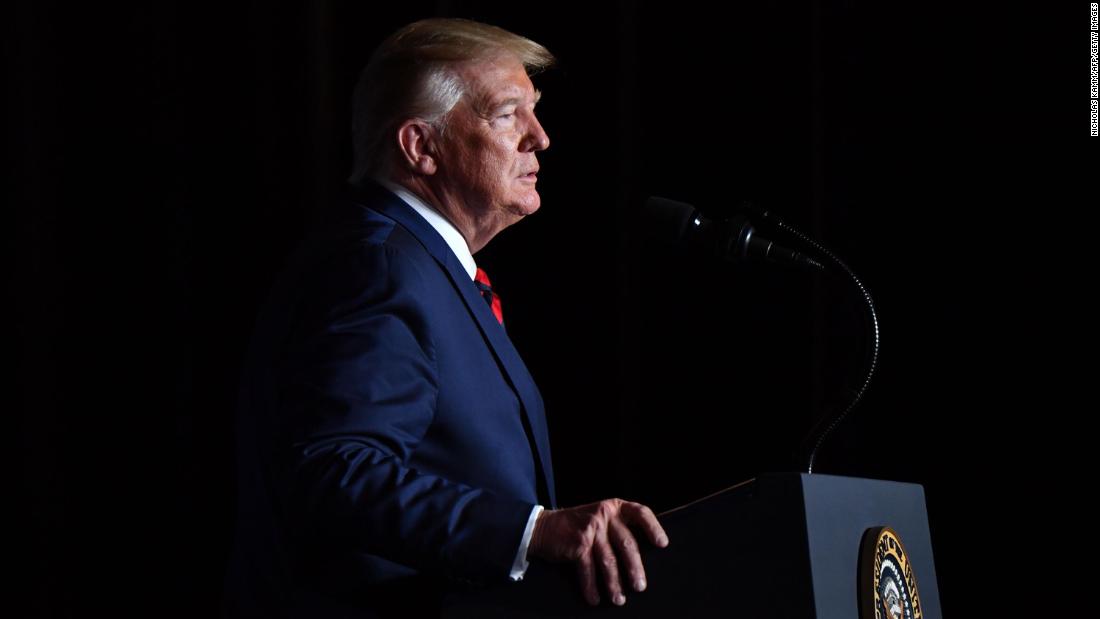[ad_1]
The lawsuit, the plaintiffs of which include a hotel operator and a group of restaurants, claimed Trump’s “vast, complicated and secret” business arrangements violate a constitutional provision, the Emoluments Clause, which bars the president from accepting gifts from foreign governments without the permission of Congress.
On Friday, however, the US Court of Appeals for the Second Circuit found that “the district court did not apply the law correctly in finding that it lacked jurisdiction to decide the case.”
In its opinion, the appeals court said the plaintiffs’ complaint “alleges that plaintiffs’ establishments are harmed in their competition with Trump establishments because, despite being comparable in other relevant aspects, the President’s establishments offer government patrons something that plaintiffs cannot: the opportunity, by enriching the President, to obtain favorable government treatment from the President and Executive branch.”
“It alleges that the marketplace is thus skewed in favor of Trump businesses because of his unlawful receipt of payments from government patrons,” the appeals court opinion continued.
“The complaint, supported by expert declarations, alleges that this unlawful market skew has caused plaintiffs economic harm in the form of lost patronage from government entities, and that such harm will continue in the future. For competitor standing, that is sufficient.”
A spokesman for the Department of Justice declined to comment Friday. A spokesman for the Trump Organization did not immediately respond to a request for comment.
Noah Bookbinder, the executive director of a nonprofit group that had been a plaintiff in the suit, Citizens for Responsibility and Ethics in Washington, said, “We never wanted to be in a position where it would be necessary to go to court to compel the President of the United States to follow the Constitution. However, President Trump left us no choice, and we will proudly fight as long as needed to ensure Americans are represented by an ethical government under the rule of law.” The group doesn’t plan to rejoin the lawsuit.
The lawsuit turned on Trump’s decision not to sell his business holdings before the inauguration. Instead of doing so, Trump put his assets in a trust, which can be dissolved after he leaves office, and transferred control of the Trump Organization to his two eldest sons.
In that case, it was the attorneys general of Maryland and District of Columbia that sued the President in his official and personal capacity for violating the anticorruption clause. The appeals court opinion in that matter suggested the states’ competitive business interests could be helped, not hurt, by Trump’s branding on his Washington, DC, hotel if officials choose to avoid the hotel because of its association with him.
CNN’s Cristina Alesci contributed to this report.
[ad_2]
Source link

